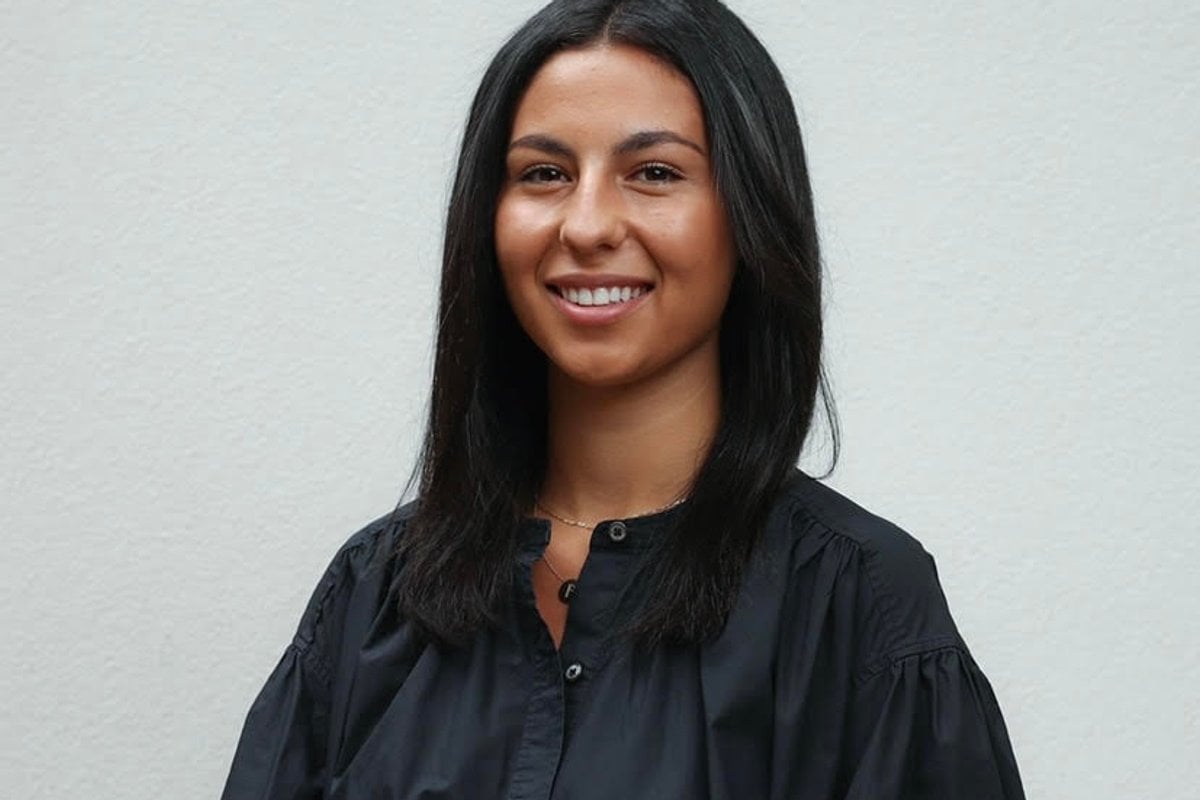
As many Australians are well aware, we are currently in the middle of our annual NAIDOC Week - a nationally recognised time to celebrate the achievements of our First Nation’s people, their culture and reflect upon their history.
The overarching theme for NAIDOC Week this year is “Heal Country!”, whereby the NAIDOC Organisation says it means “…hearing those pleas to provide greater management, involvement, and empowerment by Indigenous peoples over country”.
However, after some rattling news making headlines yesterday, it appears that this theme is riddled with irony and deep shame for non-First Nations Australians.
Watch: Indigenous lives matter. Post continues below.
On Tuesday evening, the COVID-19 task force gathered to discuss all further handling of the pandemic, as it rears its ugly (and highly contagious) head.
Every representative of a group with a highly vested interest in the rollout attended. That is, except for the national peak body of Aboriginal Health.
Our First Nations people, the stronghold of our country and its 60,000 plus year history, are at greater risk of COVID-19 than the rest of us. Yet, our Government neglected to invite Pat Turner, the CEO of the organisation, to the meeting.
